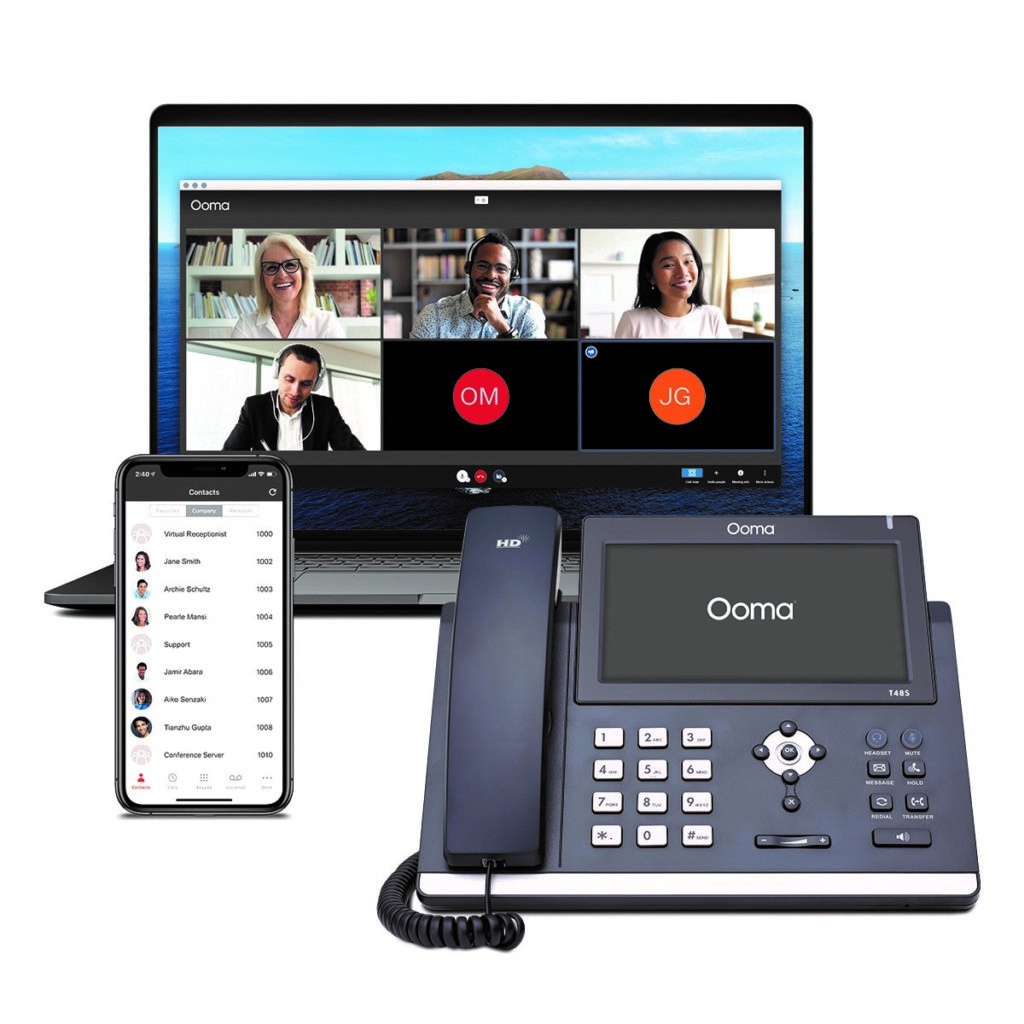Today, many in the plumbing and HVAC industries are switching to Voice over Internet Protocol (VoIP) phone systems from traditional phone landlines to run their offices and businesses more efficiently – no matter where they are located in the world.
Unlike traditional landline phones, VoIP transforms business communications through numerous innovative features and benefits that are already built in. And perhaps best of all, VoIP comes with substantial cost savings for the user.
Understanding VoIP Phone Systems
Voice over Internet Protocol phones use the internet to make and receive phone calls using IP (Internet Protocol) or analog phones plugged into Ethernet jacks. Once connected, you can easily make and receive calls. Using a web portal and login, you can customize numerous features, including the Virtual Receptionist welcome message or adding new users.
The difference between traditional landline phones and VoIP systems is technology. Landline phones require intensive infrastructure of exchange hardware and wiring, allowing one to make and receive calls only.
VoIP technology has changed how companies communicate. While IP capabilities have been around several decades, VoIP has advanced in recent years, thanks to innovation and faster internet speeds.
How VoIP Systems Work
VoIP phones work by turning your voice into data, which is then transmitted over the internet, like sending emails.
If you’ve used Skype, you’ve used VoIP. VoIP calls are made on your phone, connected to the internet with a network cable or adapter, or via a computer’s microphone and speakers using an app. When making calls, the service provider routes the voice data between you and the other caller — all within a split second.
VoIP Transforms Communications
Unlike traditional landlines, VoIP comes with built-in features that helps the industry make the right impression.
- Virtual Receptionist — when you can’t have a ‘live’ person answer the phone, Virtual Receptionist steps in. This allows callers to hear a message with numerous options, versus hearing a busy signal or being quickly put on hold.
- Ring Groups — To ensure every caller has a positive experience, you can program Ring Groups to ring simultaneously – so everyone in a department, like sales or customer care, receives the call; or ring sequentially – from person to person, until someone picks up.
- Virtual Fax — Faxing remains an important form of communication for many businesses. With VoIP phone systems, you can still send traditional faxes from your phone to a fax machine. Virtual Fax removes the need for fax equipment. Faxes are converted to PDF files and managed within the end-user portal. Each user who needs access will have fax capabilities via their phone extension.
- Remote Working — Employees shouldn’t use their personal phone numbers for business. Unlike landlines, this system allows employees to work anywhere, using their business phone number, through mobile and desktop apps, and voice messages forwarded as email attachments.
- Business Phone Number — Transitioning to VoIP is easy as you can keep your current business number by working with your provider. So, there’s no need to change your letterhead, business cards or website.
VoIP’s Key Advantages
Important Impressions — How customers and prospects view your business often depends on their initial phone interaction. Do they hear a welcome message with easy directions, or be put on hold immediately? Whether your business has two, 20 or 50+ employees, your business will sound professional with a VoIP phone system.
Call Quality — VoIP provides the quality of phone calls businesses desire through increased internet speeds and advances in technology.
Cost Savings — a huge benefit to transitioning to VoIP is the cost savings. For those with landlines, it’s clear how expensive they are – from setup, to recurring monthly costs, adding features and ongoing IT support. To understand what you could save with a VoIP system, use the VoIP Savings Calculator at https://bit.ly/3CHGdzc.
Work Anywhere — These systems are flexible, providing the tools to communicate with employees no matter where they are working – in the office, on the road or at home.
Ooma provides leading communications services and related technologies that bring unique features, ease of use, and affordability to businesses of all sizes and residential customers through a smart cloud-based SaaS platform. For businesses, Ooma delivers advanced voice and collaboration features including messaging, intelligent virtual attendants, and video conferencing to help them run more efficiently.

